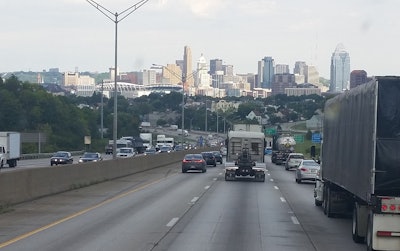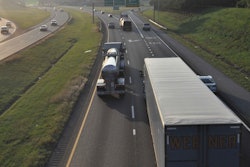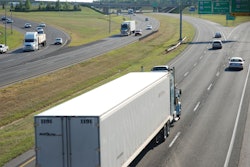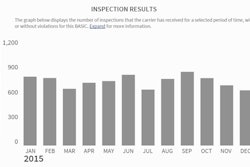
Lawmakers in the House attempted to revive the measure, which was nixed from the FAST Act highway bill last fall, in its February-unveiled FAA reauthorization bill. The House bill has been cleared by the House’s Transportation and Infrastructure Committee and is ready to be taken up by the full House.
The aviation bill’s trucking-specific provisions would prevent prevent states from requiring carriers and truckers to comply with state meal and rest break laws if they exist. It would also block states from enacting state-level driver pay reform, such as requiring additional compensation for detention, hourly pay and the like.
The Senate opted to skip those provisions in its Federal Aviation Administration Reauthorization Act of 2016, however, which could throw cold water on the issue.
Sen. Barbara Boxer (D-Calif.), ranking member of the Senate’s Commerce, Science and Transportation Committee, blasted the proposal late last month, issuing a statement that called it a “mean-spirited provision” and one that “has no place in any bill.”
The Owner-Operator Independent Drivers Association has also announced opposition to the provisions and has advocated against them.
The American Trucking Associations, however, is a strong advocate of the provisions, calling them a necessary fix to prevent a “confusing patchwork of state laws” for truck operators and their carrier employers.
ATA and the lawmakers pushing the measures say the 1994 Federal Aviation Administration Authorization Act made clear that federal law should preempt any state laws that could affect “prices, routes and services” of motor carriers.
A 2014 ruling by the 9th Circuit Court of Appeals upholding California’s enforcement of mandatory paid meal and rest breaks prompted the language’s inclusion in highway bill drafts last fall and the current House FAA bill. Proponents argue the 9th Circuit ruling could set a precedent of allowing state laws regarding breaks and pay to supersede federal law. The language in the House FAA bill would clarify Congressional intent of the 1994 FAAAA, proponents say, in light of the 9th Circuit’s decision.










